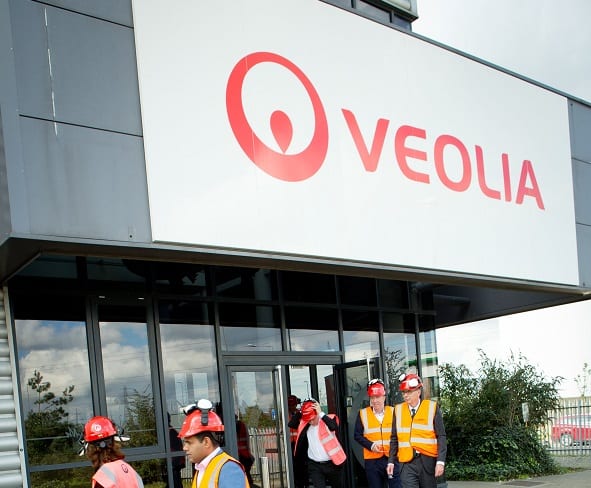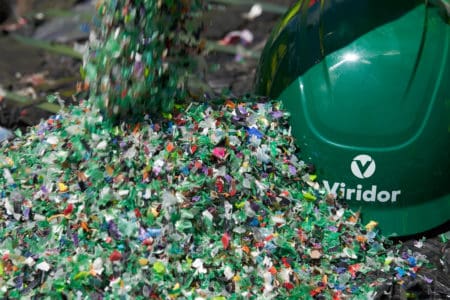Leading figures in the waste and recycling industry have backed plans for using the tax system to boost plastics recycling, as the Treasury revealed it received a record number of responses in its call for evidence earlier this year.
On Saturday (August 18) the government revealed it received an “unprecedented” 162,000 responses which were overwhelmingly in favour of introducing taxing measures.
Measures which received noteworthy public support and are being considered include using the tax system to encourage greater use of recycled plastic in manufacturing, rather than virgin polymers, discouraging the use of ‘difficult to recycle’ plastics and reduce demand for single-use plastics (see letsrecycle.com story).
A potential ‘incineration’ tax also received widespread public support, the Treasury confirmed.
Veolia
Commenting on the Treasury’s statement, a Veolia spokesperson said that a “simple” tax incentive could be implemented to encourage the recycling of products which are traditionally difficult to recycle.
“We all want to increase the amount the UK recycles and a simple tax incentive could be used to encourage recyclable materials and designs for products and discourage the use of harder to recycle options such as black plastic and polystyrene yogurt pots,” the spokesperson said.
They added: “As a collector, sorter, re-processor and seller of recycled plastics Veolia appreciates the dynamics at play and other important measures will also help. These include clearer labelling – a simple green dot for example – so consumers know what can be easily recycled, a revision of the existing PRN system to remove the advantage given to export, and a simple deposit return system for plastic and aluminium cans.”
Suez
Alongside the debate on how taxes can be used to tackle use plastic waste, is the issue around extended producer responsibility schemes.
Some say that if implemented correctly, EPR schemes can make a difference, while critics say it can make the system overly bureaucratic.
David Palmer-Jones, chief executive of SUEZ recycling and recovery UK, backed calls for an EPR scheme, saying it will help to “meet the public appetite” to reduce environment pollution.
“The whole country pays the price of cheap disposable plastic if it ends up polluting our natural resources,” he explained.
Mr Pamer-Jones added: “Extended producer responsibility schemes will help meet the overwhelming public appetite to reduce litter and environmental pollution, and help us to reuse and recycle more of what we consume.
“Producers can currently produce unsustainable products that are difficult, or impossible, to recycle and these are simply thrown away, while the consumer and environment picks up that disposal cost. If, through extended producer responsibility, the use of recycled materials in new products was incentivised, manufacturers would quickly take greater interest in getting their material back.”
Viridor
In its statement, a spokesperson for Viridor said that the company backs any policies which recognise the need to recycle more.
Among its operations, the company has a specialist recycling facility in Rochester, Kent and a separate plastics reprocessing plant at Skelmersdale.
“Viridor has adopted a sector-leading approach to maximising the recycling and reprocessing of plastic to ensure this material is captured and returned to the economy where it belongs, keeping it off our beaches and out of our oceans,” the spokesperson said.
They added: “The company welcomes any policies which recognise a growing public appetite to recycle more, which encourage greater use of recycled content and support investment in advanced recycling and reprocessing technology.”
ESA
The Environmental Services Association (ESA), which represents the UK’s resource and waste management industry, welcomed the publication of the summary of responses to the Treasury’s consultation on reducing single-use plastics and boosting recycling through the tax system.
Its executive director, Jacob Hayler, added: “We are delighted that the public is behind greater recycling of plastic and as an industry we are committed to working collaboratively with Treasury to make this a reality.
“A plastic tax will have the biggest impact when it is aimed at production and manufacturing and we are pleased to see that the Treasury is looking at how to encourage greater use of recycled plastic at the start of the waste cycle.”
The post Industry follows public in backing ‘plastic tax’ appeared first on letsrecycle.com.
Source: letsrecycle.com Plastic






